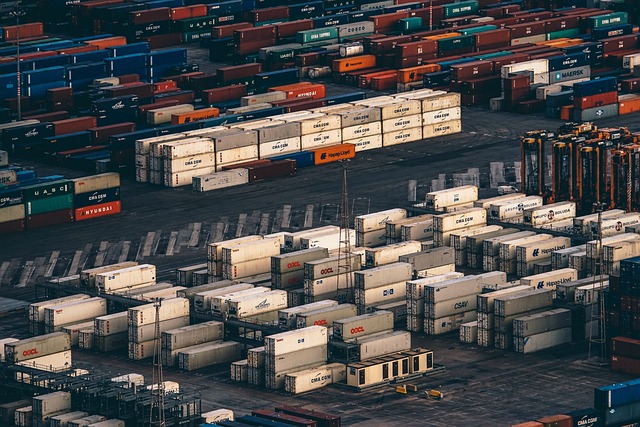- The World Trade Organization flagged persistent export restrictions that contribute to food price volatility
- The majority of trade restrictions were on the export side, marking the third time since 2009 that new export restrictions exceeded import restrictions
- Concerns were raised over the increasing pace of implementing new export restrictions, especially in medical and food sectors
- The stockpile of import restrictions hit $2.5 trillion in 2023, representing nearly 10% of total world imports
The World Trade Organization (WTO) flagged persistent export restrictions that contribute to food price volatility even as it acknowledged progress by members in making trade easier.
WTO director-general Ngozi Okonjo-Iweala stressed the need to cut down on trade barriers to fight inflation. She also worried about the increasing pace of putting new limits on exports, especially related to medical items during the COVID-19 pandemic and, lately, concerning food, animal feed, and fertilizer due to the war in Ukraine.
“Bringing them from the margins to the mainstream of global trade — what we are calling ‘re-globalization’ — would make the world economy simultaneously more inclusive and more resilient. That is why we must keep working to reform and strengthen the multilateral trading system and the WTO,” Okonjo-Iweala said in a statement.
In a recent trade monitoring report presented on December 7 at a meeting of the Trade Policy Review Body, the WTO observed that its members introduced more trade-facilitating (303) than trade-restrictive (193) measures on goods during the review period from mid-October 2022 to mid-October 2023.
Notably, the majority of trade restrictions were on the export side, marking the third time since 2009 that new export restrictions exceeded import restrictions.
Trade-facilitating measures covered around $977.2 billion, showcasing a positive trend, but a bit less than the last report. On the other hand, trade-restrictive measures increased to $337.1 billion. The report pointed out a worrying stockpile of import restrictions at $2.5 trillion for 2023, making up almost 10% of total world imports.
It underscored the significance of trade remedy actions, including anti-dumping measures, which remain pivotal for many WTO members, constituting 33% of all non-COVID-19-related trade measures on goods recorded in the report.
WTO members started trade remedy actions an average of 12.1 times per month during the review, a decrease from the peak in 2020 at 36.1 initiations per month. Additionally, the average monthly terminations during this time were 8.3, the lowest since 2012.
In services trade, WTO members introduced 123 new measures, with the majority focused on liberalization or regulatory reforms. The report also highlighted increased general economic support measures, including environmental impact reduction programs.
Regarding COVID-19-related measures, the report showed a decrease in their implementation, with 84.7% repealed as of mid-October 2023. However, some restrictions remained, covering $15.6 billion in trade, emphasizing the ongoing challenges in ensuring the accessibility and resilience of medical supply chains worldwide.
Okonjo-Iweala urged members to reconsider and roll back export restrictions, emphasizing their role in contributing to food price volatility, which disproportionately affects vulnerable populations. The report also called attention to the need for continued efforts to make medical supplies more accessible and medical supply chains more resilient globally.
The WTO Director-General urged collective action to reform and strengthen the multilateral trading system, emphasizing the importance of delivering results at the upcoming 13th Ministerial Conference in Abu Dhabi in February.









